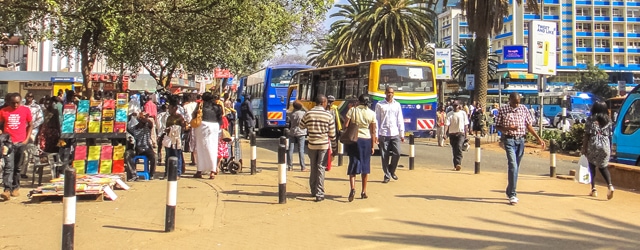Google wants to solve Kenya's 5G problem while most Kenyans would be happy to get 3G.

Google Loan Services internet balloons started floating some 60,000 feet above Kenya in July. They were, quite literally, trial balloons meant to provide better internet access than land-based stations while being more affordable than satellite. Alphabet and Telkom Kenya hoped to offer “universal 4G data coverage.” But in Kenya, a majority of the population are stuck in 2G and few are so lucky as to access 3G.
Robert Yawe, Synaptech Solutions managing director, believes Google is using Kenya to test the viability of the project for Africa as a whole, but sees limited chances of success. “Rural folks don’t have smartphones and internet connection is not a priority,” he says. Indeed, Kenya is still struggling to provide electricity access.
For the project to have an iota of success, the government must address the issue of affordability through utilizing resources in the Universal Service Fund in order to provide discounted broadband. “That way, the marginalized communities get to afford the services without making providers incur commercial losses,” adds John Walubengo, IT lecturer at Multimedia University.
President Uhuru Kenyatta believes the fleet of around 35 balloons in constant motion in the stratosphere of Kenya will enable poor people in Baringo County to sell their “honey to the rest of the world”—even though the same product cannot even reach supermarket shelves in Nairobi.



